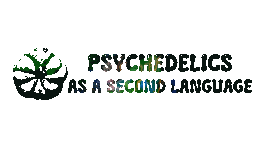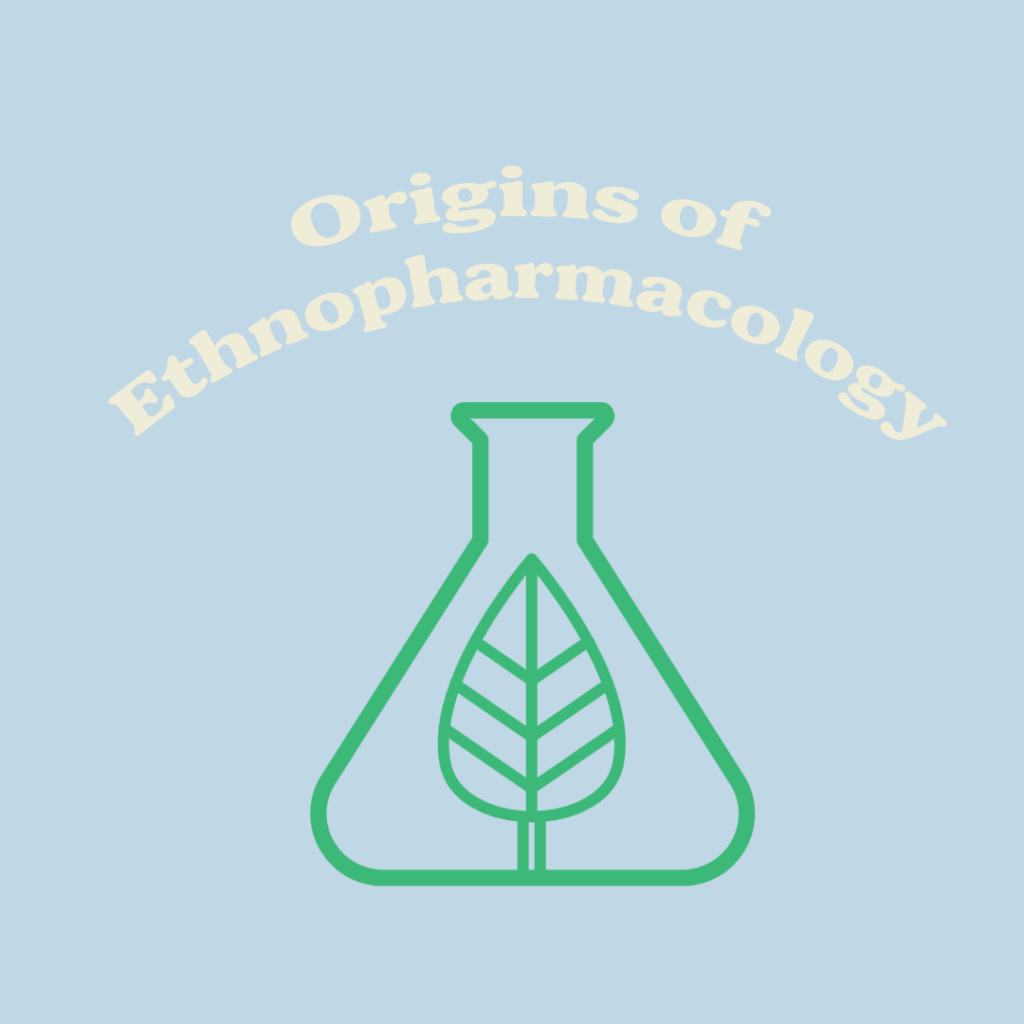Women Authors in Psychedelics: Celebrating Women’s History Month
Celebrate Women’s History Month with us!
Join us in honoring the incredible contributions of female authors in the realm of psychedelics.
We’re excited to showcase a diverse array of voices, each bringing unique perspectives, captivating stories, and groundbreaking research.
Dive into the fascinating world of psychedelics with our curated selection of newly released books. From personal journeys to scientific exploration, these books offer profound insights and thought-provoking narratives that enrich your understanding of psychedelics and their potential.
Support female writers and their invaluable contributions to the psychedelic discourse by adding these remarkable books to your collection.
Women Authors in Psychedelics: Celebrating Women’s History Month Read More »


